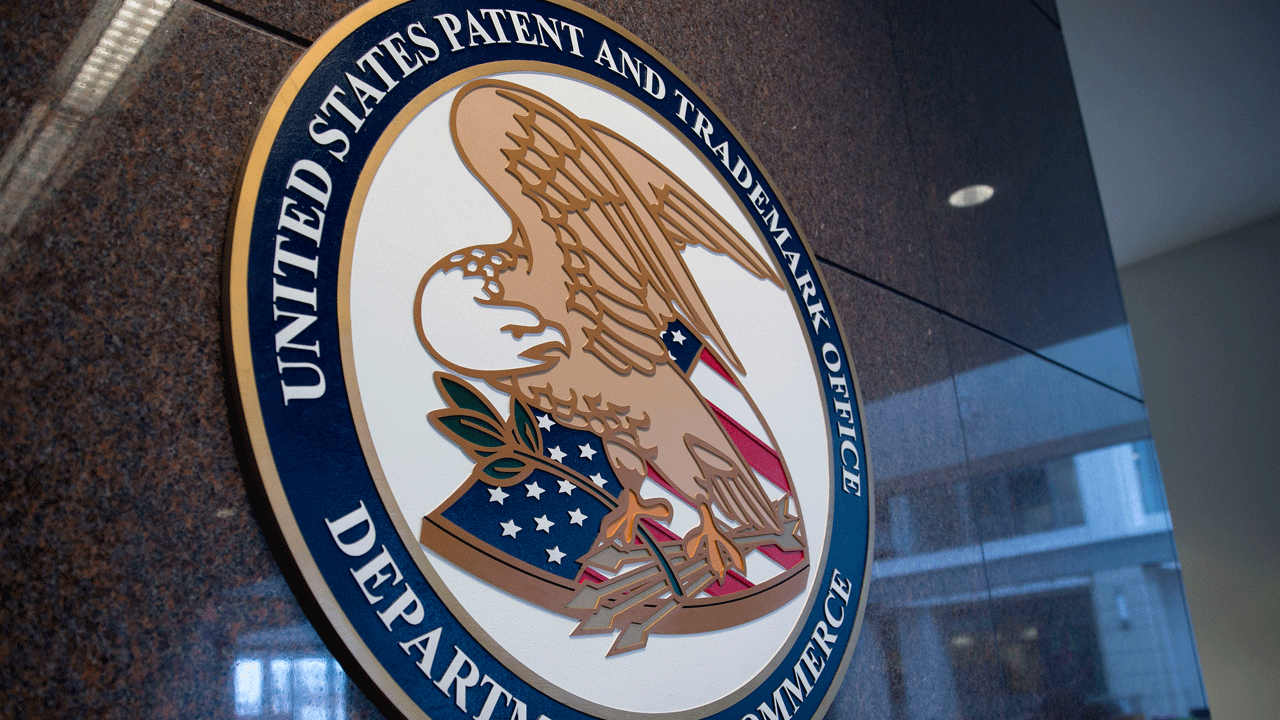Patent rights are an important part of U.S. Innovation policy: If they’re too weak, America’s inventors may decide its not worth sharing their discoveries. But if patent rights are too strong, monopolists can smother new entrepreneurs and erect barriers to research.
To find the right balance, many look to the White House for guidance. But unlike his predecessor, who shared many of the tech industry’s ideas for reform, President Trump has offered no policy papers on patents, so his views about them are pretty much unknown.
A new report, however, offers some clues into how the new President will approach the patent system. Published by an intellectual property team at Shearman & Sterling, the report looks at the patent positions of key people on the Trump team and at conservative think tanks that have the President’s ear. Here are some items from the report:
- Vice President Mike Pence spent years on a House sub-committee for intellectual property, and his positions suggest he would be likely to oppose many aspects of patent reform proposed during the Obama administration.
- Trump’s son Donald Jr. Worked with a company that pursued a patent enforcement campaign, and the President’s uncle was an inventor and MIT professor with 23 patents to his name.
- Key Trump advisors Stephen Bannon and Ken Blackwell have been outspoken opponents of patent reform. His pick to lead the Commerce Department, Wilbur Ross, has written about reducing “intellectual property theft” by China.
All this suggests Trump may be sympathetic to those—like many in the pharma industry—who favor stronger patent protections. But as the authors of the report point out, patents also present a dilemma for the conservative philosophy by which Trump says he’ll govern.
This tension lies in conservatives’ belief in strong property rights on one hand (patents are a form of property) versus their antipathy to nuisance lawsuits that raise the cost of business. Such lawsuits are endemic in places like the District of Eastern Texas, where local patent lawyers have created a cottage industry for so-called “patent trolls” to drain millions from productive companies.
Get Data Sheet, Coins2Day’s technology newsletter.
And, as the report notes, Republican Darrell Issa (R-Ca.) Has been an outspoken critic of “trolls” and will continue to lead a key intellectual property committee in the House. Issa and others like him could provide a counter-weight to Pence and other patent hawks close to Trump.
Finally, Trump built his personal fortune in large part through the strength of his brands and the many trademarks he used to protect them. This familiarity with the power of intellectual property could lead make him sympathetic to the claims of patent owners. Overall the report concludes (my emphasis):
Trump’s personal and professional ties suggest a pro-patent stance: many key advisors are on the record as staunch patent supporters; Trump’s son has experience monetizing patents; his uncle was awarded nearly two-dozen patents; leading conservative think tanks have come out in favor of stronger patent rights; and Trump himself seems to understand the value of intellectual property (at least in the context of branding). Couple these ties with his frequently-espoused protectionist views and there is reason to believe that the patent reform tides may be turning.
But the report also adds an important caveat to this: The new administration already has a huge to-do list on issues like immigration and trade, and there is no evidence patents are a priority for Trump.
It’s also significant the current director of the Patent Office, who is respected as a moderate will be staying on under Trump.
The upshot is that, when it comes to patents, we’ll be seeing little in the way of legislative or executive action for the time being.











